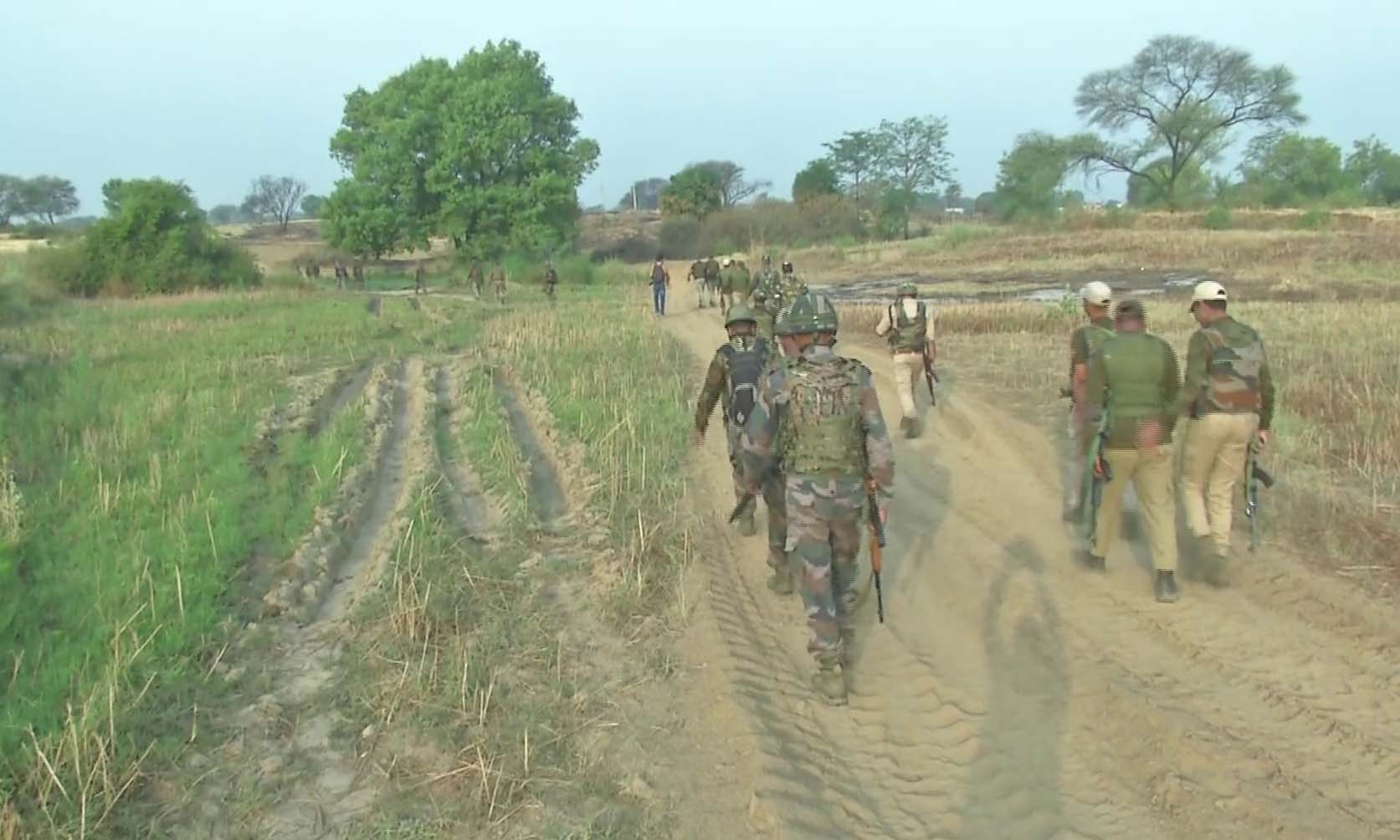The recent announcement by BSF to encourage border residents to cultivate their land ahead of the border fence marks a significant stride towards fostering community engagement and enhancing security along the International Border. The plan, approved by the Home Ministry, entails the construction of a protection bund along the IB to ensure the safety of farmers working in the border regions. This initiative not only underscores the commitment of security forces to safeguarding border communities but also highlights the crucial role that local inhabitants play in fortifying national security. Over the past decade, the current Government has effectively heightened the stakes associated with escalating tensions along the border. Consequently, the recent ceasefire agreement has emerged as a significant boon for border residents. They can now engage in agricultural activities without the looming threat of shelling. However, given the persistent dangers emanating from the enemy’s side, the construction of protection bunds will provide substantial relief to border communities.
The decision to empower border residents by providing them with the necessary support and assistance to cultivate their land is commendable. By urging farmers to tend to their fields ahead of the border fence, the BSF is enhancing their livelihood opportunities. The provision of protection bunds along the IB demonstrates a proactive approach to mitigate risks and create a conducive environment for agricultural activities in border areas. It signifies a holistic strategy that integrates security measures with socio-economic development initiatives, thereby fostering resilience and prosperity in these regions. Furthermore, the emphasis on community cooperation in safeguarding the borders underscores the intrinsic link between border security and the active participation of local inhabitants. Border residents are not merely bystanders but indispensable stakeholders in the broader framework of national security. Their vigilance, cooperation, and commitment to the welfare of the nation are pivotal in thwarting external threats and preserving territorial integrity. As exemplified by the case of the villager who aided in the recovery of a grounded Pakistani drone, grassroots engagement can yield invaluable contributions to the security apparatus. The narrative of border communities often gets lost in the larger discourse on national security. It’s crucial to remember that these communities are not simply passive recipients of security measures but active participants. They are the eyes and ears on the ground who play a vital role in maintaining peace and security. Recognising their unique challenges, acknowledging their contributions, and actively engaging them in discussions about solutions is essential.
Moreover, the recognition and rewards extended to individuals like Dass, who demonstrate exemplary civic responsibility, serve to incentivize and amplify community involvement in border security efforts. Such gestures not only acknowledge the pivotal role played by ordinary citizens but also inspire others to actively participate in safeguarding the nation. It fosters a culture of collective responsibility and solidarity, wherein each member of society recognises their role in upholding national interests and protecting the homeland from external threats.
In addition to initiatives such as the construction of protection bunds and the incentivisation of community cooperation, the Government is committed to sustained investment in socio-economic development programmes for border communities. Economic empowerment, infrastructural development, and access to basic amenities are now part of a comprehensive strategy to enhance the resilience and well-being of border residents. By addressing the root causes of vulnerability and marginalisation, Governments have fostered a sense of ownership and belonging among border populations, thereby strengthening the social fabric and promoting stability in border regions.
By harnessing the potential of local inhabitants as partners in security, the Government has successfully bolstered national resilience, promoted socio-economic development, and safeguarded territorial integrity. However, sustaining these efforts requires sustained investment, collaboration, and a long-term commitment to empowering border communities. Only through collective action and shared responsibility can the nation effectively address the complex challenges of border security and build a safer and more prosperous future for all.


